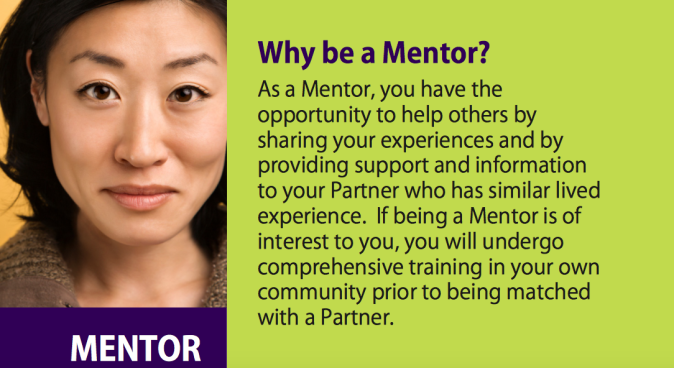
BY: MARK KONING
I recently went through a re-training session to once again become a mentor in BIST’s peer support program. It felt good, returning to a cause that is both helpful and important.
After a two-year stint as a peer mentor, I needed a break. Now, a year and a half later, I am stepping up to the plate again and returning to the program. It feels like the right thing to do, I have things to offer from my experiences both as a survivor, and as a caregiver of a brain injury survivor. The partners I was matched with in the past were pretty awesome and I think things worked out beautifully.
So why did I leave? Why turn away from something I enjoyed and I knew was making a difference? Because I needed to take action for myself.
We often think of ‘taking action‘ as doing something to benefit others or society as a whole. But I think we often forget to take care of our physical and mental health.
I know this is a difficult thing for me to do. As a survivor, the ABI I carry around like a shadow often makes me forget about self care. At the same time, I am fairly certain it is also my brain injury and experiences from it that have given me this type of feeling of social responsibility. This social responsibility is something I have heard other survivors experience as well. It is probably why most mentors are survivors.

Experience has taught me a lot, and I continue to grow and understand as I move forward. I cannot be afraid to take action and step back, especially when I am doing something such as mentoring, which affects others.
The BIST peer support program is a great thing to be involved in, but I think taking a leave (from anything really) can benefit ourselves and whatever it is we are doing. In this case, I think it can only make the program stronger in the long run if partnerships remain successful.
‘Taking action’, both inwardly and outwardly, is something that always needs to be considered. Because even if at first glance it may seem as though we’re moving backward, if we are really cognizant of what we are doing, we are always moving forward.
Do you feel like it’s the right time for YOU to become a peer mentor?
We have a training happening this spring – ABI survivors and family members welcome!
For more information, contact our programs and services coordinator, Kat Powell at: connections@bist.ca or 647-990-1485.
Mark’s passion to lend a helping hand, offer advice and give back has developed into a moral and social responsibility with the goal of sharing, inspiring and growing – for others as well as himself. His experience as a survivor, caregiver, mentor and writer has led to his credibility as an ABI Advocate and author of his life’s story, Challenging Barriers & Walking the Path. Follow him on Twitter @Mark_Koning or go to www.markkoning.com
Filed under: Survivor Stories, Volunteers Tagged: BIST, BIST/OBIA peer support program, giving back, Mark Koning, self care
![]()




